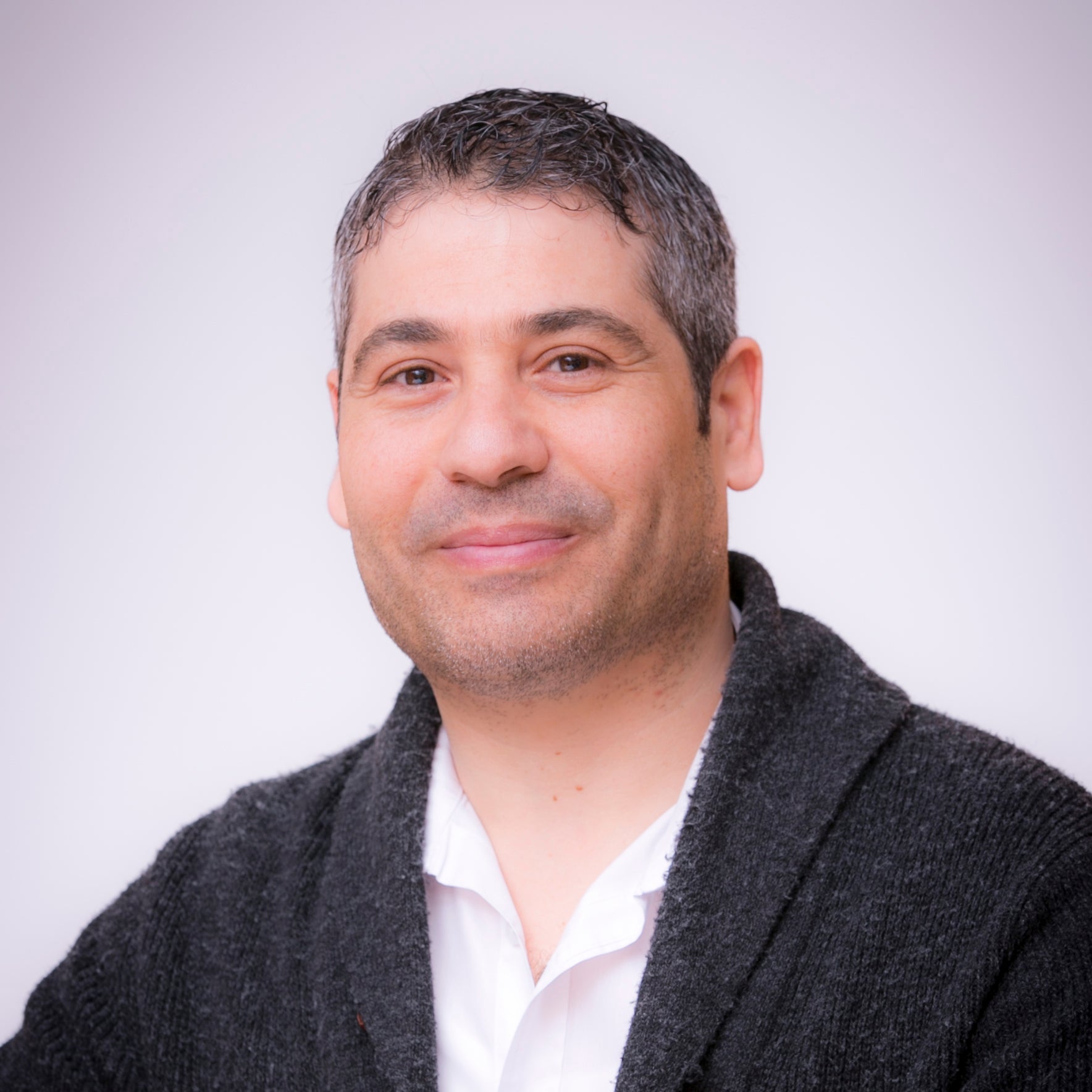
الدكتور عفيف بن محمود
باحث أول
الدكتور عفيف بن محمود
باحث أول
المؤهلات العلمية
PhD in Molecular and Human Genetics
MSc in Genetics and Biodiversity
الكيان
معهد قطر لبحوث الطب الحيوي
Divison
مركز بحوث الاضطرابات العصبية
السيرة الذاتية
Dr. Afif Ben Mahmoud is an accomplished geneticist and genome data analyst with extensive expertise in human molecular genetics. He earned an engineering degree in agriculture and animal production, a master's in genetics and biodiversity, and a PhD in molecular and human genetics. With over 12 years of experience in research and academia, Dr. Ben-Mahmoud has dedicated his work to elucidating cellular and molecular mechanisms underlying human genetic diseases, focusing on identifying disease genes and mutations responsible for rare recessive disorders, particularly in Arab populations.
His professional contributions in genetic pathology span from phenotypic and genotypic characterization of patients with monogenic diseases to functional studies aimed at demonstrating the pathogenicity of disease-causing novel genes and gene variations. He has also led numerous projects to decode rare human monogenic diseases, significantly advancing the field.
Dr. Afif Ben Mahmoud’s notable accomplishments include the first functional analysis of B3GALTL in Tunisian patients with Peters Plus Syndrome, the identification of MAST1 as a novel intellectual disability gene, and confirming the role of B3GALT6 in Al-Gazali Syndrome. Additionally, he has identified 16 autosomal dominant candidate genes in syndromic neurodevelopmental disorders and new candidate loci for intellectual disability and Kallmann syndrome. Dr. Ben-Mahmoud has published 25 high-quality articles in renowned international peer-reviewed journals, with over 500 citations and an h-index of 14.
PhD in Molecular and Human Genetics
Sfax University, Tunisia
2015
MSc in Genetics and Biodiversity
Monastir University, Tunisia
2009
Engineering in Agriculture and Animal Production
Carthage University, Tunisia
2007
- Identification of novel disease genes and their pathogenic variants in autism and human monogenic diseases in Qatar.
- Investigation of genetic diversity and recessive disorders in Arab populations in Qatar.
- Functional validation of novel genes associated with intellectual disability and autism spectrum disorder in the Qatari population.
- Elucidation of cellular and molecular mechanisms in syndromic neurodevelopmental disorders in Qatar.
Senior Research Associate
Qatar Biomedical Research Institute, Hamad Bin Khalifa University.
2019 - Present
PostDoc Researcher
College of Medicine & Health Sciences, United Arab Emirates University, UAE.
2016 - 2018
Ben-Mahmoud, A., Gupta, V., Kim, C.-H., Layman, L. C., & Kim, H.-G. (2023). Digenic or oligogenic mutations in presumed monogenic disorders: A review. Journal of Genetic Medicine, 20(1), 15–24.
- 2018; Researchers at UAEU develop cell lines with gene-editing technology CRISPR-Cas9 used to understand diseases


